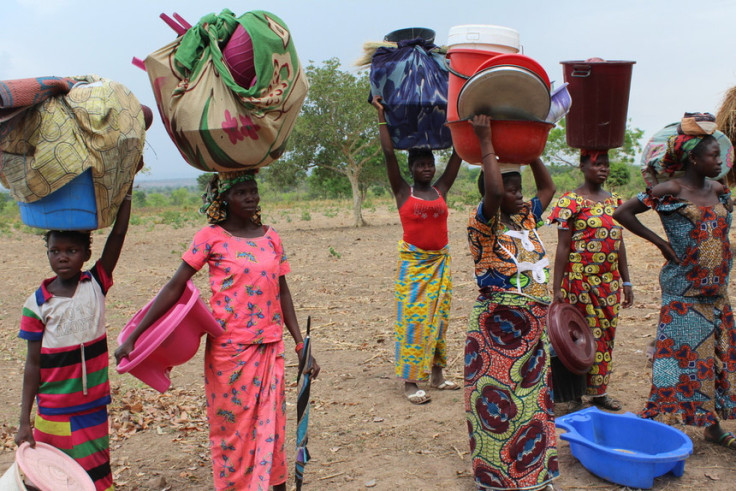UNHCR and NGOs to reinstate returnees in danger of statelessness in Chad
16,718 Chadians living in CAR fled war to Chad without documentation.

Humanitarian organisations in Chad have commenced an identification operation to help Chadian returnees at risk of statelessness to get documentation.
With nearly 400,000 refugees on its territory, including more than 71,000 people from the Central African Republic (CAR), Chad is one of the main refugee host countries in Africa and the world.
Since 2014, thousands of Chadian migrants or descendants of Chadian migrants who were living in Central African Republic (CAR) were force to return to Chad as they fled a volatile security situation in the CAR.
In their desperate flight for safety, at least 16,718 left behind vital identification documents including birth certificates or ID cards, and have no way of proving who they are.
On Tuesday (9 May), the United Nations refugee agency (UNHCR), the National Commission for the Reception and Reintegration of Refugees and Returnees (CNARR) and NGO Acted have begun the three-day operation in the settlement site of Gaoui, on the outskirts of the capital, N'Djamena.
Gaoui is home to thousands of refugees and returnees, who were evacuated from the CAR capital, Bangui, in 2014 amid mounting violence and religious persecution in the neighbouring country. The majority of these displaced are at risk of becoming stateless, whose lack of citizenship prevents them from studying, healthcare, work, travel and voting in elections.
"Thus this verification (process) that starts today will spell the beginning of solutions for them, and take things into consideration," Ibrahima Diane, spokesperson for the UNHCR in Chad, told IBTimes UK.
Financed by the UNHCR, the operation will consist of carrying out a biometric verification of all the people on the list of returned data from Gaoui.
It forms part of the socio-economic rehabilitation of the returnees carried out by Acted and funded by the European Union.
At the end of this process, a list of returning refugees from Gaoui will serve as a basis for further activities of the reintegration process including issuing new documentation and assistance.
© Copyright IBTimes 2024. All rights reserved.






